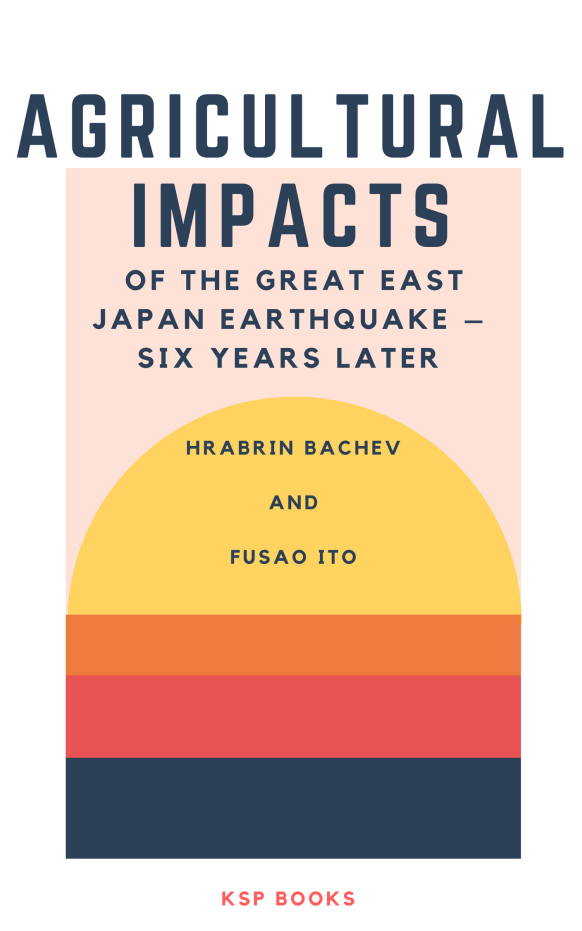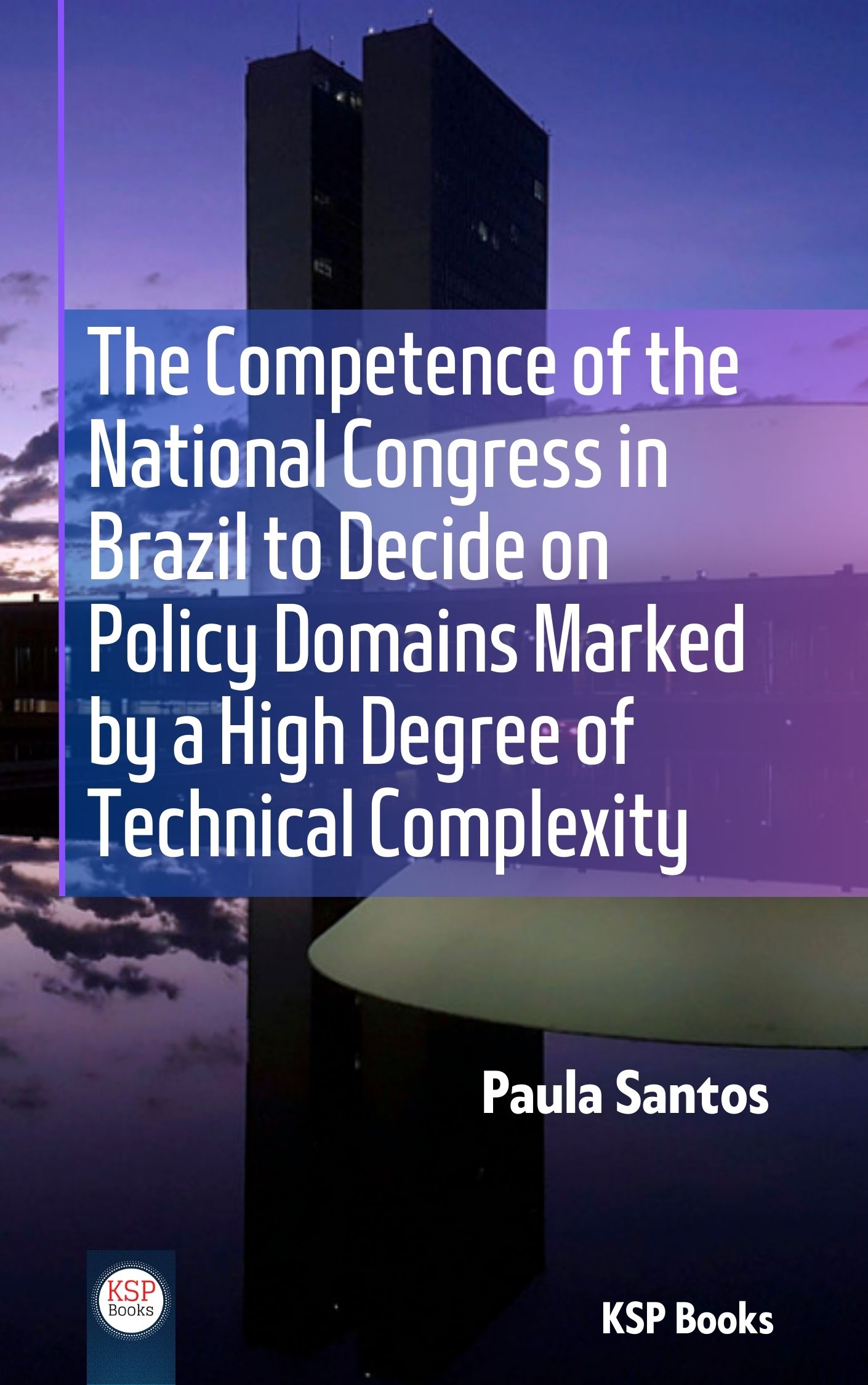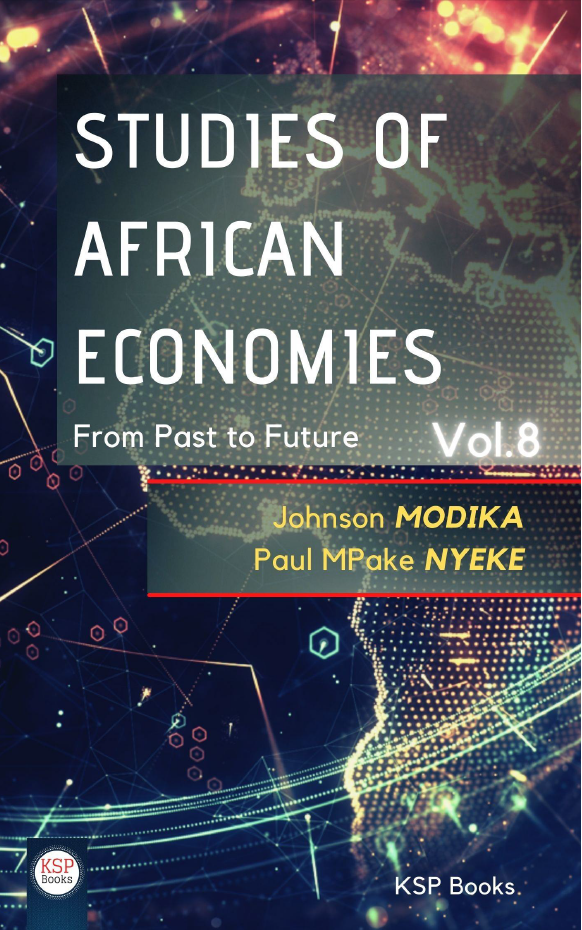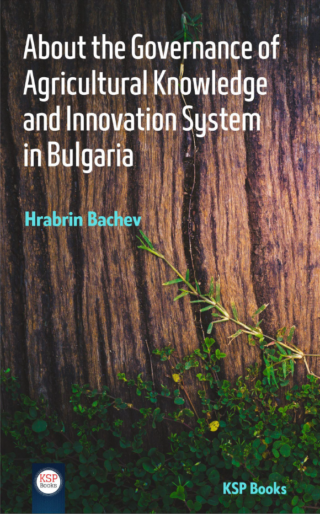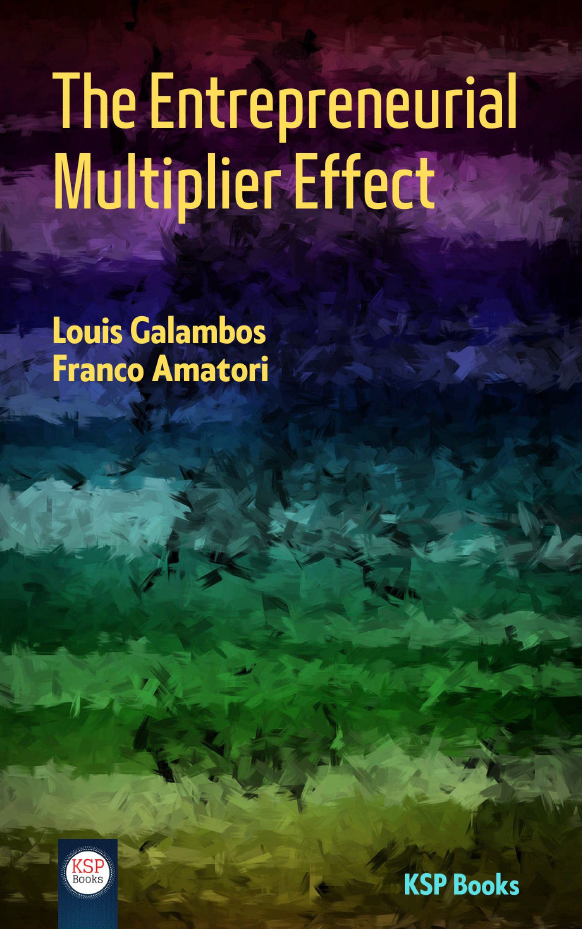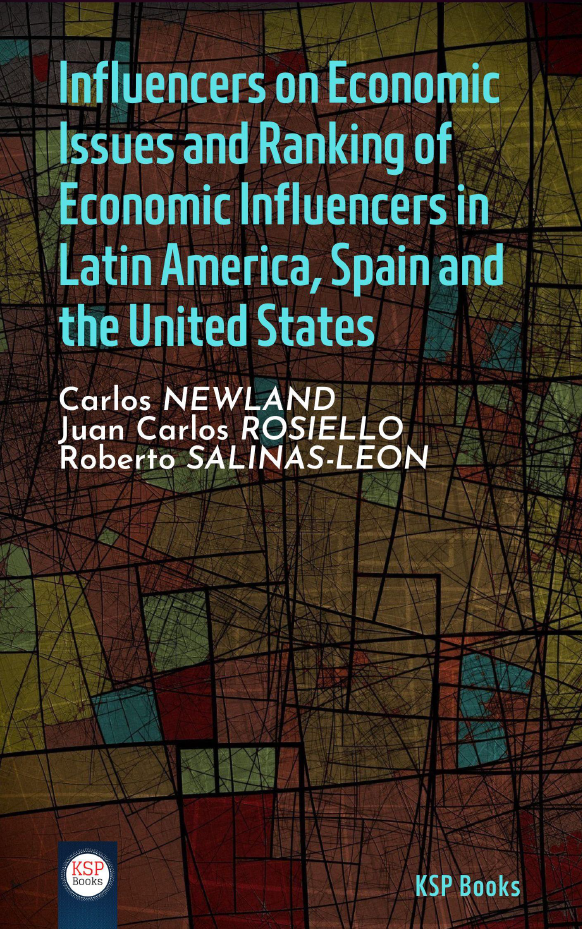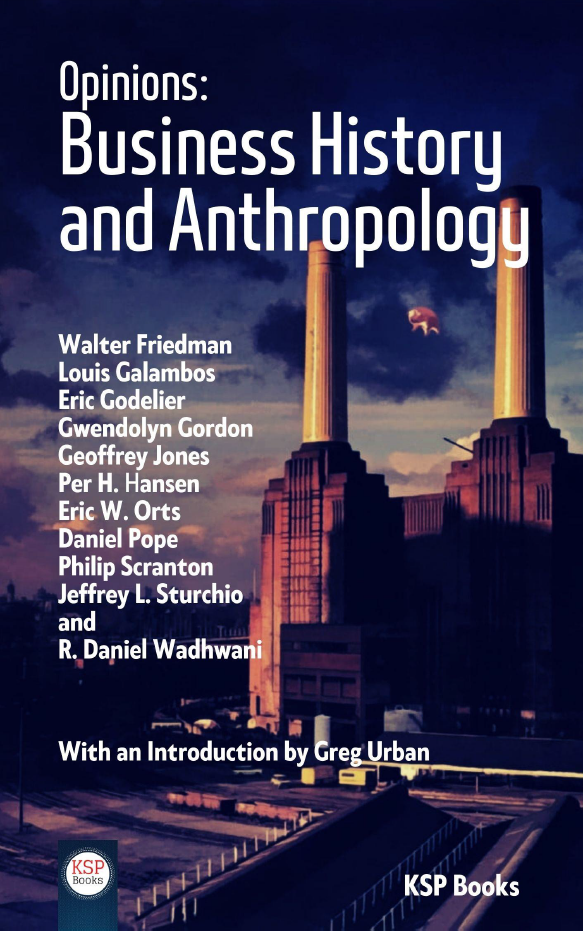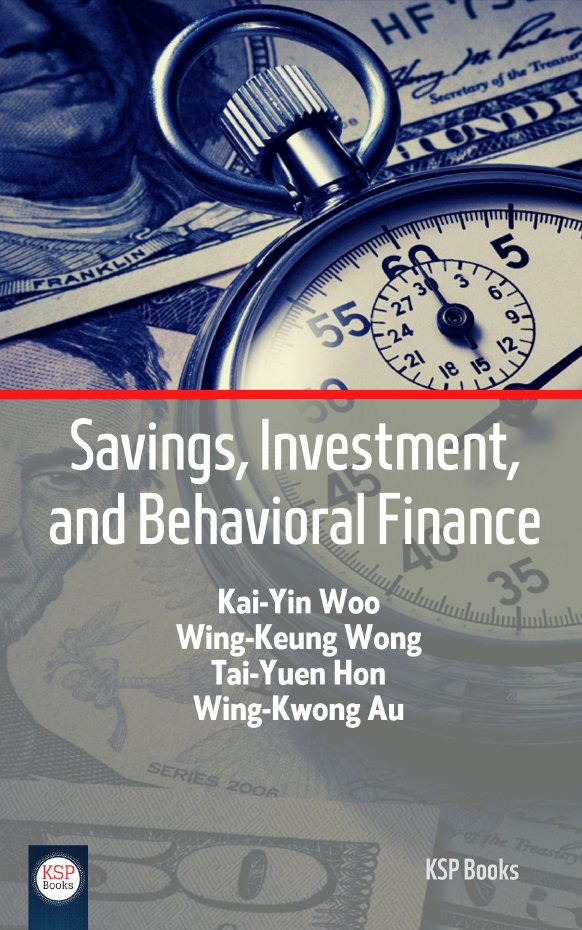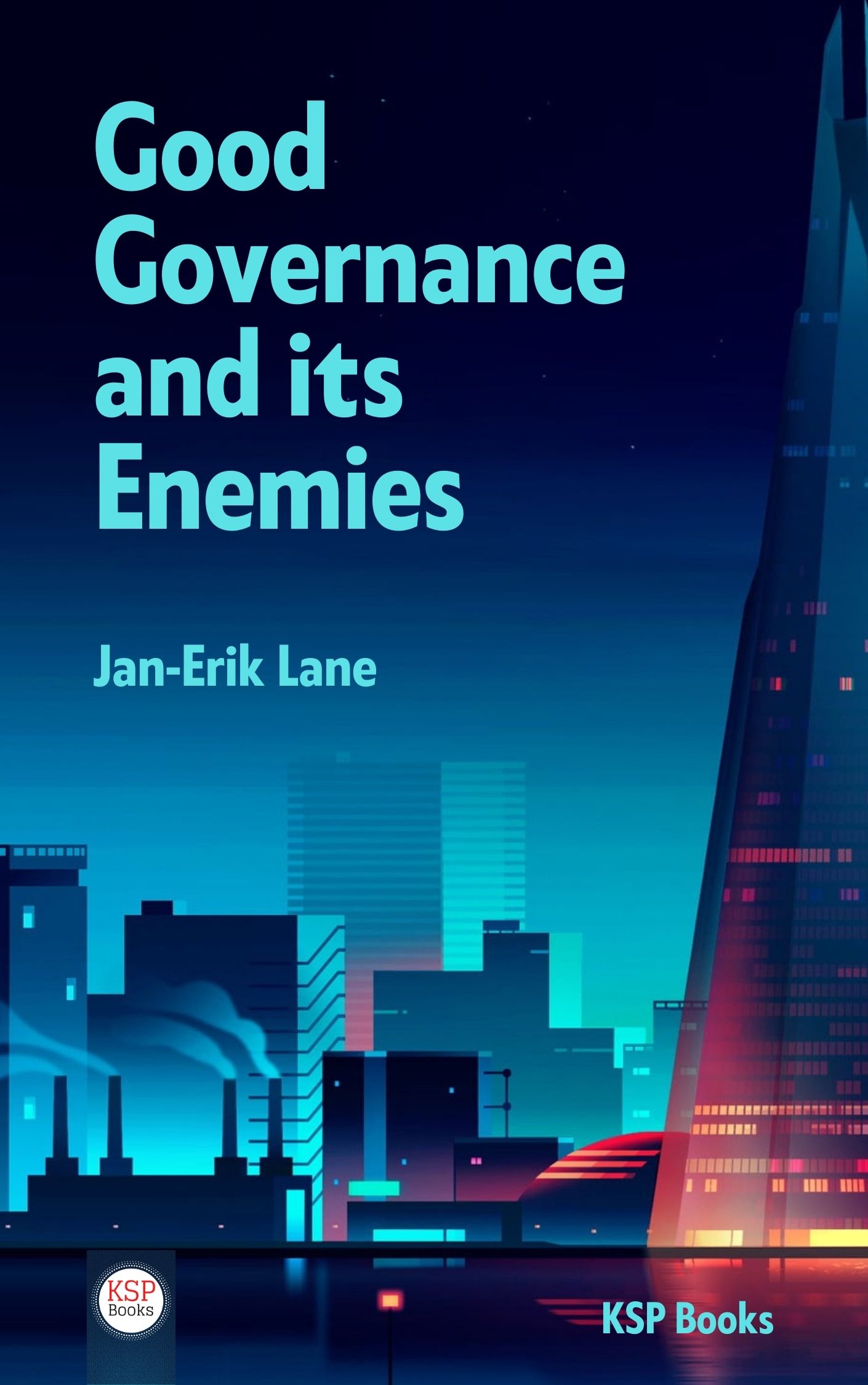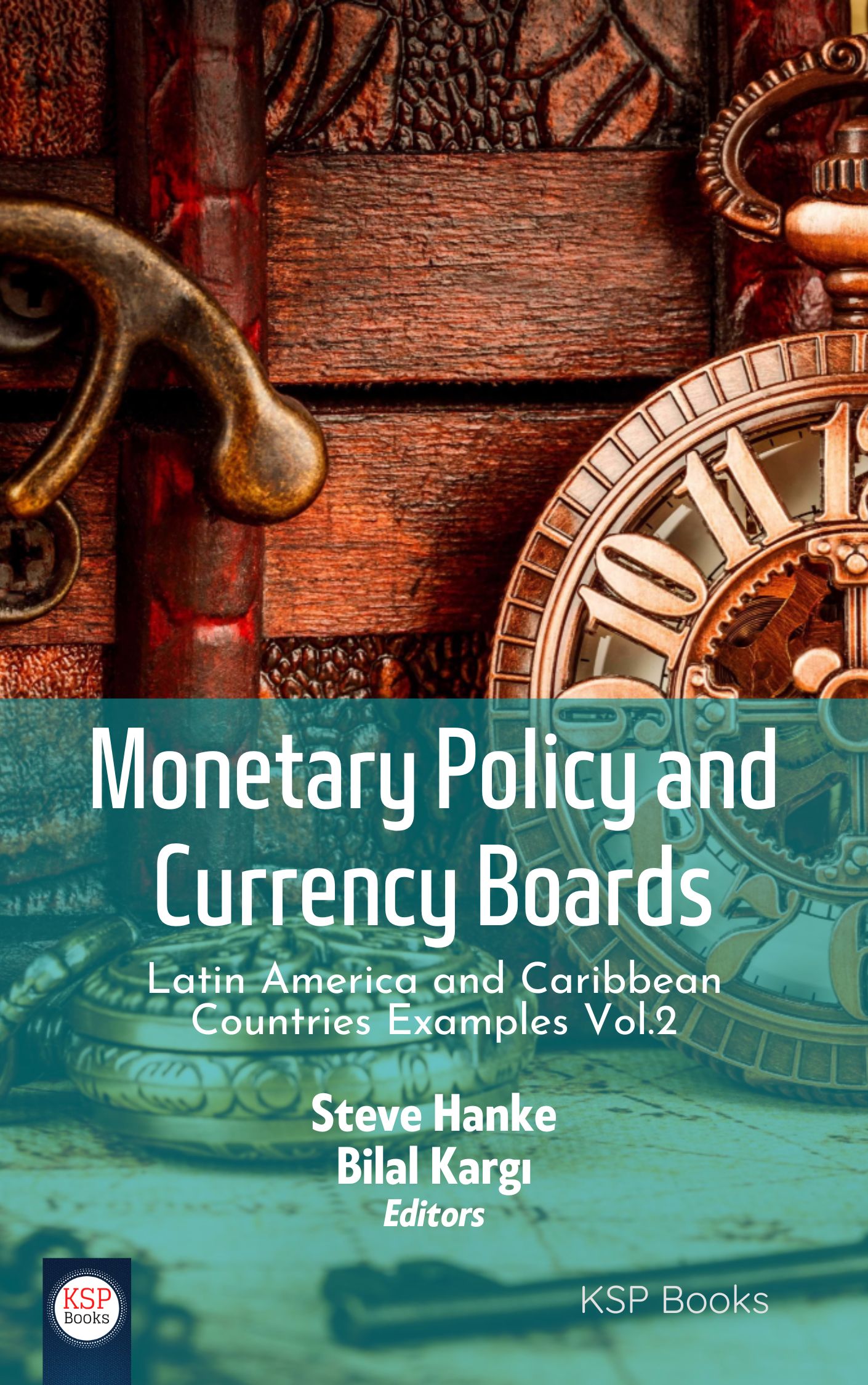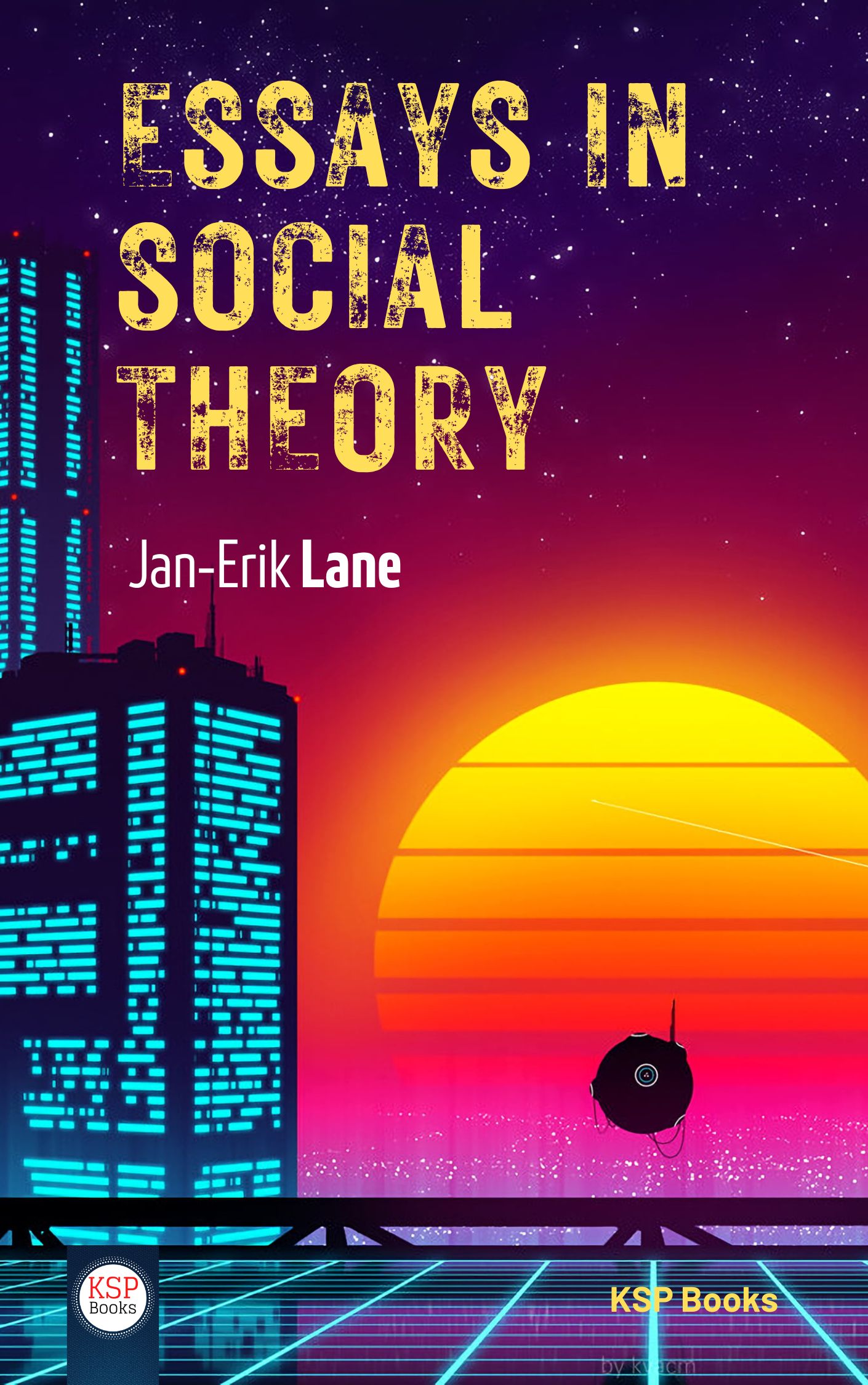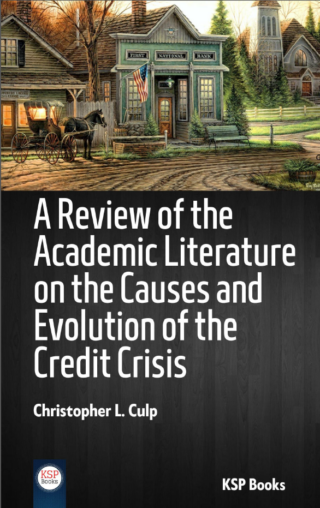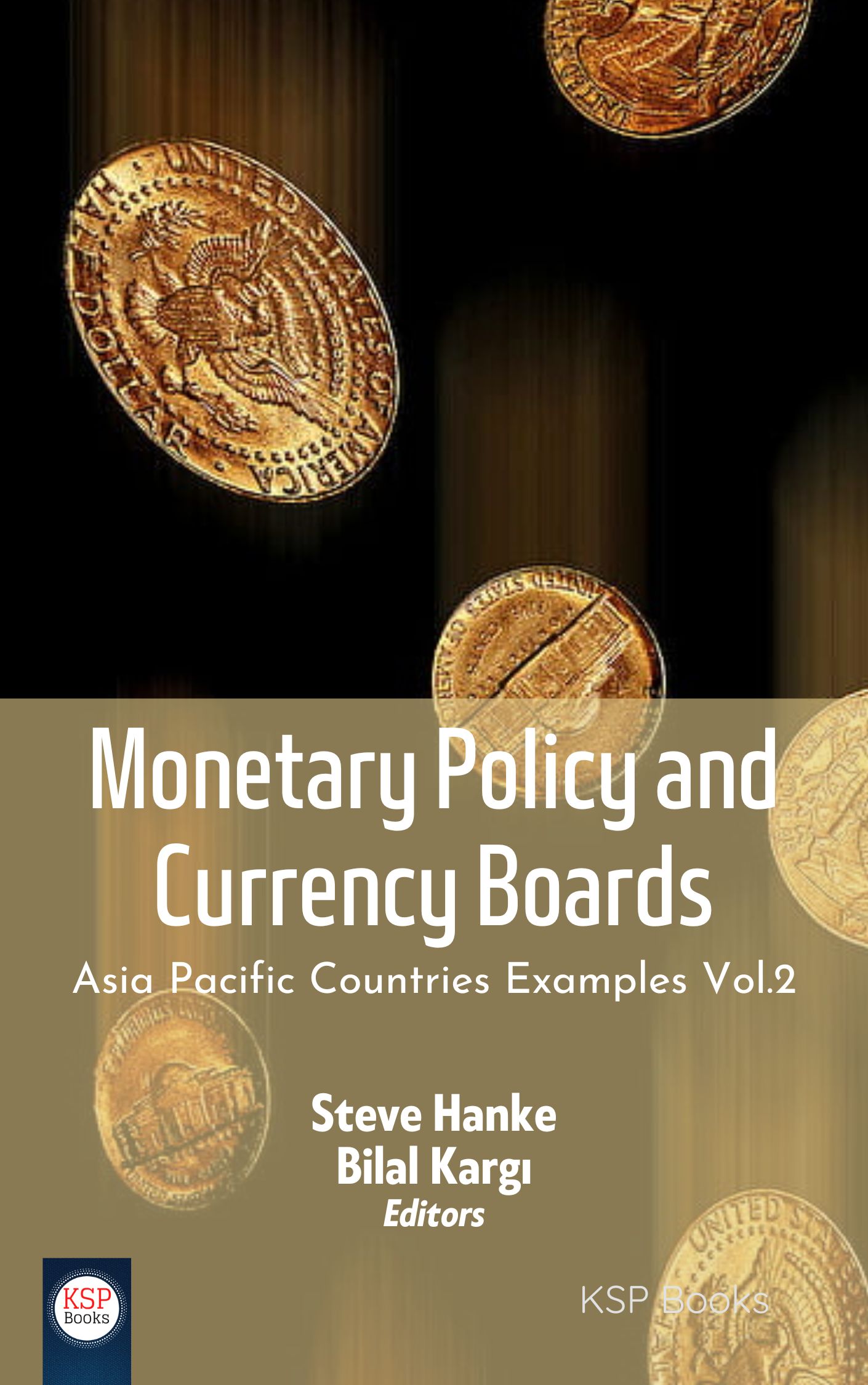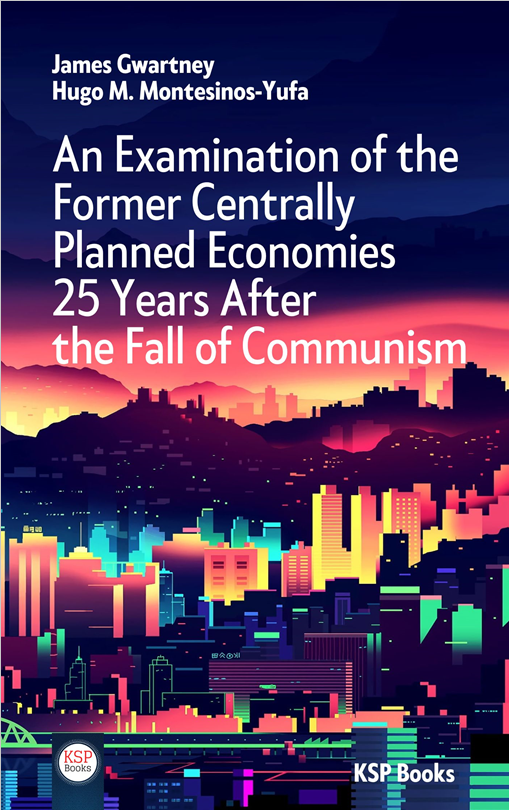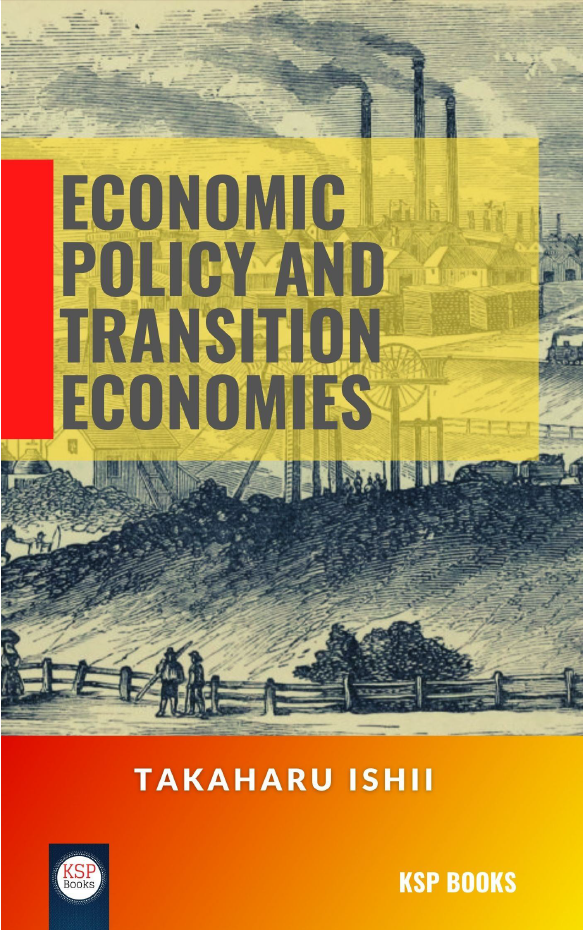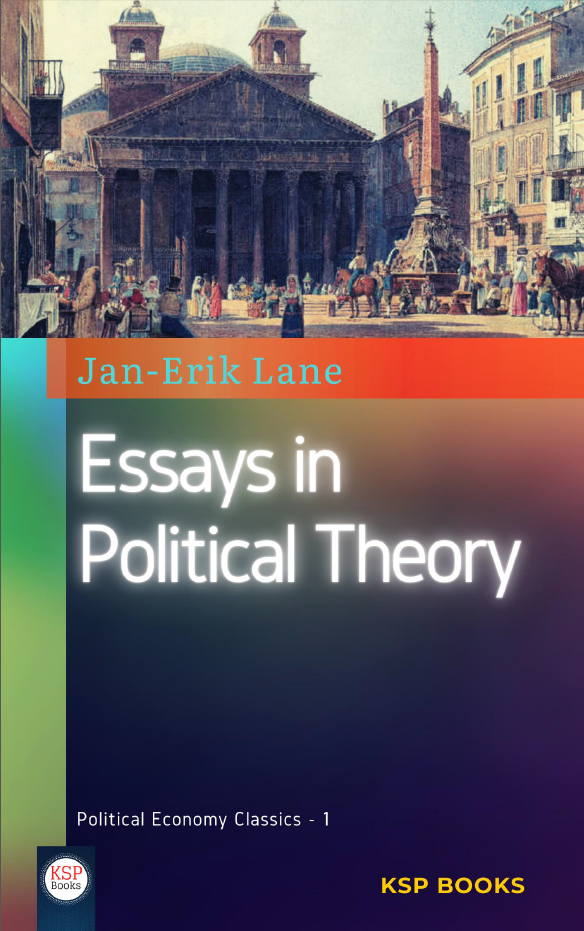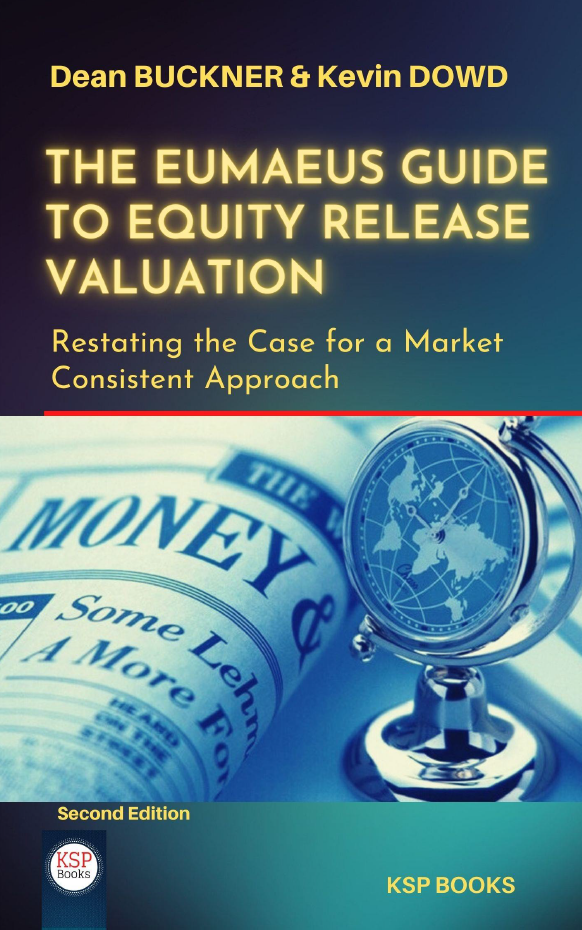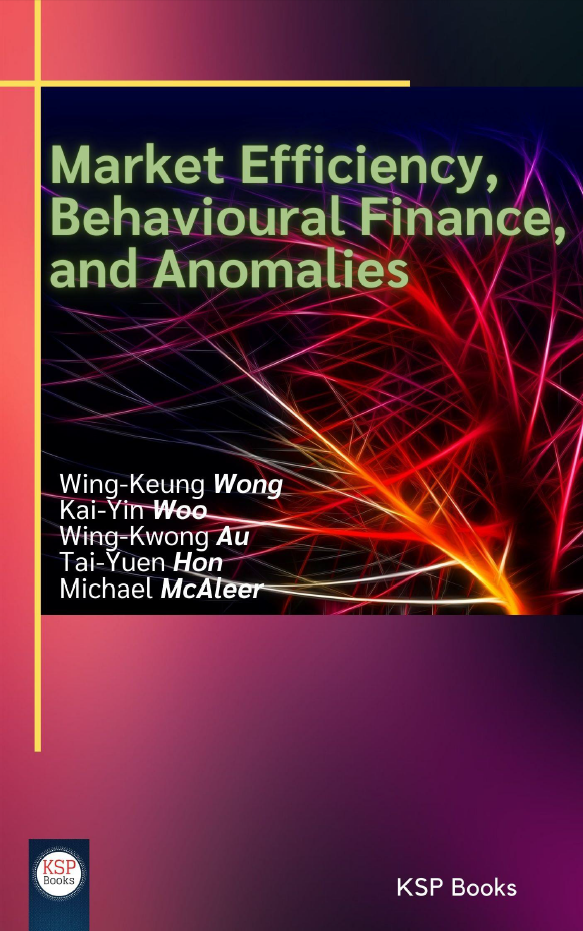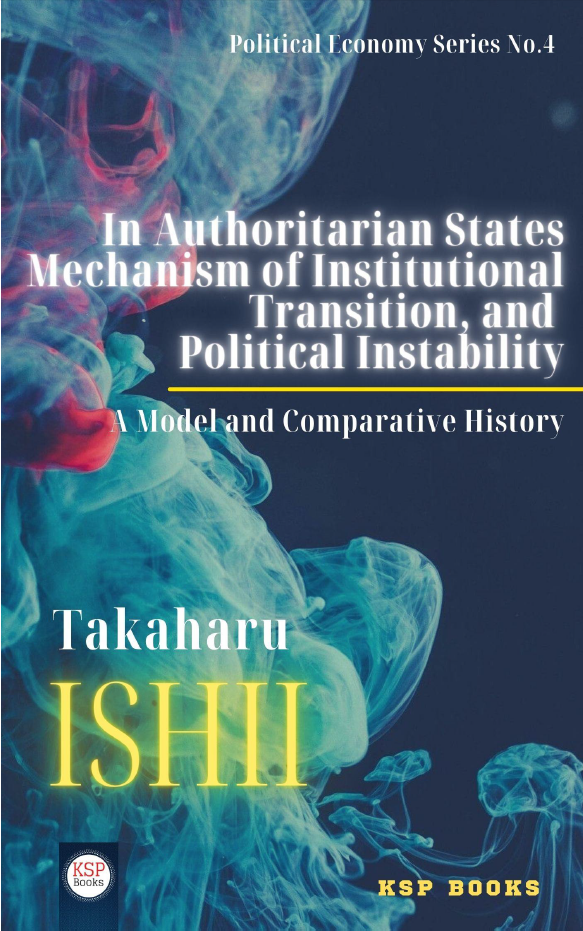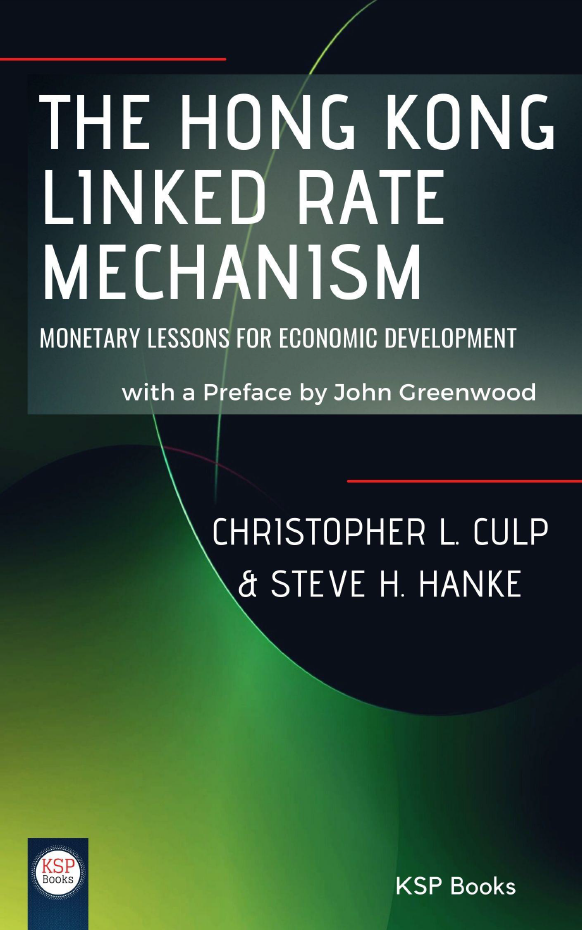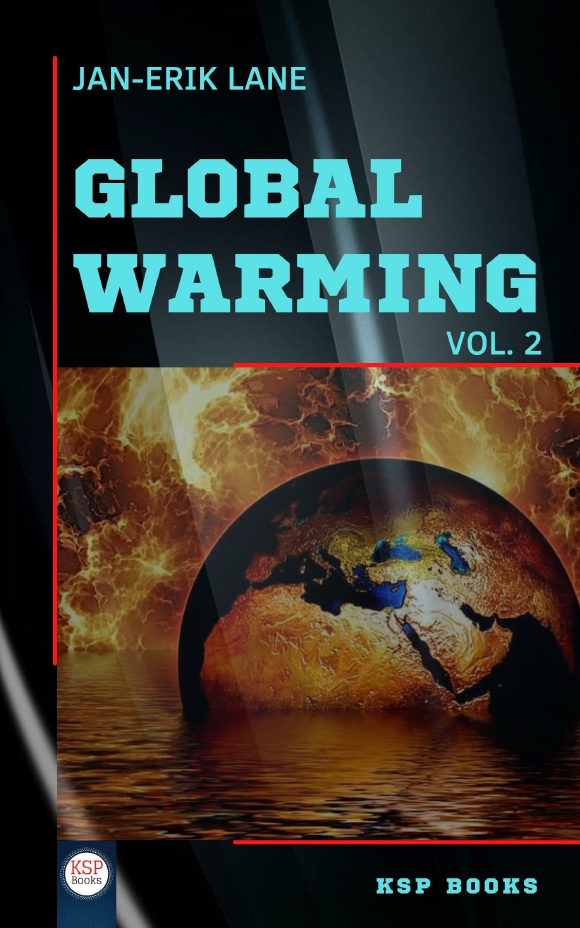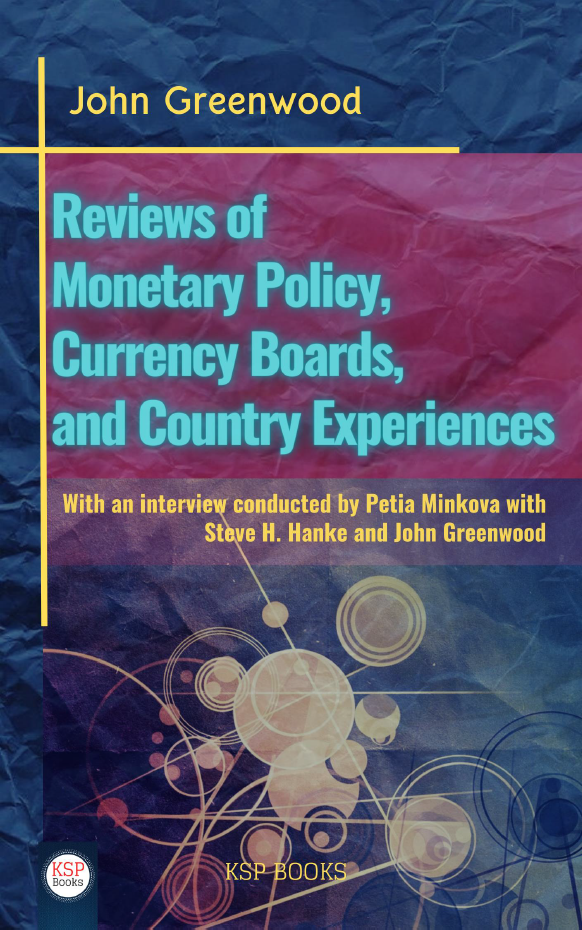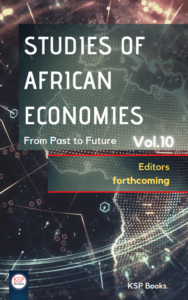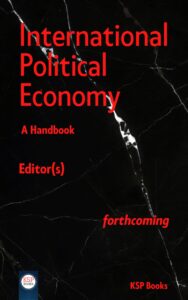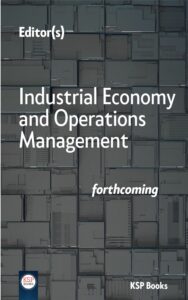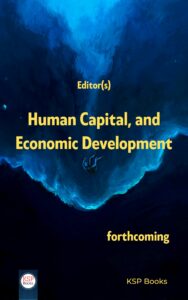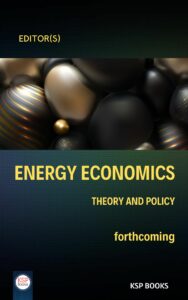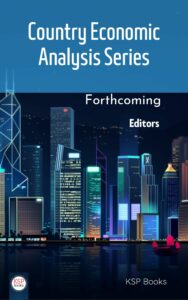By
Hrabrin Bachev
Institute of Agricultural Economics, Bulgaria
Fusao Ito
Tohoku University, Japan
e-ISBN: 978-605-2132-49-4
Publishing Date: July 15, 2018
File Size: 2,659 MB
Length: xi + 68 pages (PDF)
Language: English
Dimensions: 13,5 x 21,5 cm
 This Book is completely open access. You can freely read, download and share with everyone.
This Book is completely open access. You can freely read, download and share with everyone. 
On March 11, 2011 the strongest ever recorded in Japan earthquake occurred, also known as the Great East Japan Earthquake, which triggered a powerful tsunami and caused a nuclear accident in one of the world biggest nuclear power stations – Fukushima Daichi. More than six years after the triple disaster the overall impacts on Japanese agri-food chains is far from being completelydue to the scale of the disasters and the number of affected agents, the effects’ multiplicities, spillovers, and long time horizon, the constant evolution of the nuclear crisis, the lack of “full” information and models of analysis, etc. This paper presents updates on the impacts of the March 2011 earthquake, tsunami and Fukushima nuclear accident in Japan on country’s agriculture and food sector. First, disaster events and their effects is outlined. Second, impact on farms and agricultural resources is estimated. Third, impact on food industries is assessed. Next, extend of radioactive contamination of agri-food products is presented and effects on markets, consumers and international trade evaluated. Chapter summarises responses of different agents, assesses progress and challenges in post-disaster recovery and reconstruction, and withdrawlessons from the Japanese experiences.
1. Introduction
2. The Great East Japan Earthquake Updates
Description of the disaster
Human damages and health effects
Evacuation and migration
Economic damages and impacts
Environmental impact
3. Agricultural Impacts Updates
Affected farms and agricultural resources
Impact on food industries
Radioactive contamination of agri-food products and impacts on demands
4. Conclusion
References
Hrabrin Bachev
Institute of Agricultural Economics, Bulgaria
Ph.D in Economics, Agricultural Academy, Sofia. M.Sc in Agricultural and Industrial Economics, University of Economics, Sofia. Researcher and teaching at University of Missouri, Columbia, USA; University of Toronto, Toronto, Canada; Kyoto University, Kyoto, Japan; Tohoku University, Sendai, Japan; Kyushu University, Fukuoka, Japan, National Agriculture Research Center, Tsukuba, Japan; Birkbeck College of London University, London, United Kingdom; Catholic University of Louvain, Leuvain-la-Neuve, Belgium; INRA, Montpellier, France; Central European University, Budapest, Hungary. More than 300 academic papers, contributions to books and books in 40 countries of Europe, North America and Asia. Incorporating the new developing interdisciplinary New Institutional and Transaction Cost Economics (combining Economics, Organization, Law, Sociology, Political and Behavioral Sciences) into agrarian and food sector to analyze diverse modes of governance (market, private, public, hybrid, formal, informal, local, regional, transnational), and factors and prospects of institutional and organizational modernization in agri-food sector. Recent research focusing on governance and assessment of agrarian and rural sustainability; analysis of agrarian and rural institutions, organizations and contracts; environmental and risk governance, food security and food chain management; assessment of impacts of EU and national policies and programs; management and agrarian research and innovation, etc. Extensive consultancy and contribution to a great number of policy assistance projects carried out by the Government, UN FAO, EU, OECD, NATO, WB, IIED etc. Co-founder, and the first Executive Secretary and Vice-President of the Bulgarian Association of Agricultural Economists, MC member of COST IS1001 Bio-objects, and a member of the European Association of Agricultural Economists, and International Association of Agricultural Economics.
Related EconPedia Items


